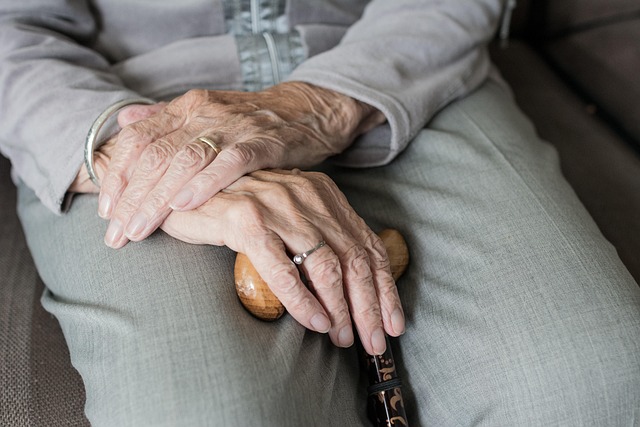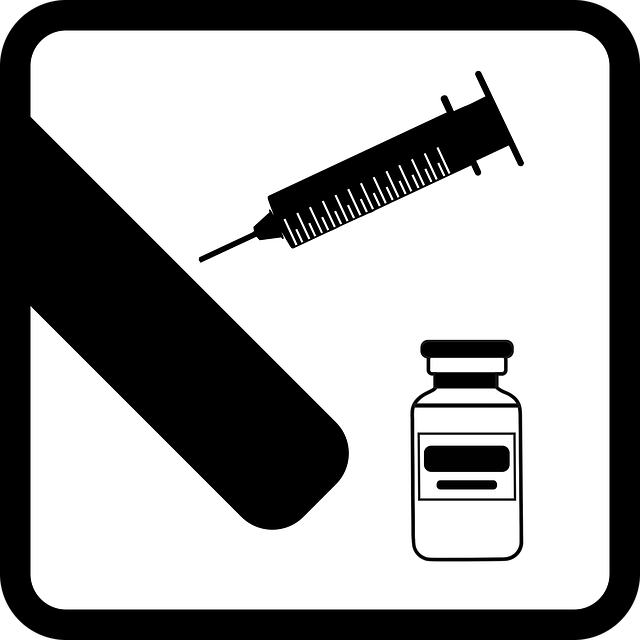Oregon's Department of Human Services (DHS) Child Welfare system is a multi-stakeholder, holistic approach to protect vulnerable children and families. The DHS process overview emphasizes collaboration among social workers, medical professionals, mental health experts, legal representatives, and court advocates to provide tailored services. This structured process starts with referrals, involves preliminary and detailed assessments, and culminates in case planning and service provision aimed at family stability and child well-being. Post-case management ensures ongoing support for families, focusing on safety, parenting skills, and community resources to prevent future interventions.
“Oregon’s Department of Human Services (DHS) plays a pivotal role in protecting vulnerable children and supporting families through its comprehensive child welfare system. This article offers an in-depth look at the DHS process overview, spanning historical context to the intricate steps involved. We explore key player responsibilities, from case investigations to service provision and post-case management. Understanding this process is essential for comprehending the support systems in place for Oregon’s most vulnerable children and families.”
- Understanding Oregon DHS Child Welfare: A Brief History
- Key Players and Their Roles in the DHS Process
- The Step-by-Step DHS Investigation and Assessment
- Case Planning and Service Provision for Vulnerable Children
- Post-Case Management and Ongoing Support for Families
Understanding Oregon DHS Child Welfare: A Brief History

Oregon’s Department of Human Services (DHS) Child Welfare system is a cornerstone of support for vulnerable children and families in the state. Its origins trace back to the recognition that every child deserves safety, security, and loving care. Historically, Oregon’s DHS has evolved its approach, adapting to changing societal needs and legal requirements to ensure effective intervention and long-term well-being for at-risk youth.
The DHS process overview highlights a multifaceted agency response, encompassing prevention services, resource coordination, and responsive interventions. By integrating these strategies, Oregon DHS aims to break cycles of abuse and neglect, foster stable family environments, and ultimately, empower children to thrive. This continuous improvement approach is guided by the overarching goal of keeping families together while prioritizing the best interests of each child.
Key Players and Their Roles in the DHS Process

In Oregon, the Department of Human Services (DHS) oversees a comprehensive child welfare system designed to protect and support vulnerable children and families. The DHS process overview involves several key players who collaborate to ensure the best outcomes for involved parties. Social workers play a pivotal role, conducting initial assessments, developing case plans, and coordinating services tailored to each family’s unique needs. They serve as the primary point of contact between the department and the family, facilitating communication and ensuring all parties understand their rights and responsibilities.
Beyond social workers, various specialists contribute to the DHS process. These include medical professionals who provide health assessments and treatment recommendations, mental health experts offering counseling and therapy, and legal representatives guiding families through the legal aspects of child welfare cases. Court advocates also play a crucial role, ensuring that families’ voices are heard and their interests are represented in court proceedings. This multi-disciplinary approach ensures a holistic assessment and support system for children and families navigating challenging circumstances.
The Step-by-Step DHS Investigation and Assessment

The Oregon Department of Human Services (DHS) follows a meticulous step-by-step investigation and assessment process for child welfare cases. Initially, a referral or report is received regarding a possible child abuse or neglect incident. This could come from various sources, including concerned citizens, healthcare professionals, or other government agencies. Upon receipt, the DHS assigns a caseworker who initiates an initial response to gather preliminary information.
The caseworker conducts interviews with family members, caregivers, and anyone else involved to understand the situation better. They also assess the home environment and any potential risks to the child’s safety. If concerns remain after this stage, the caseworker moves forward with a more in-depth assessment, involving further interviews, observations, and evaluations. This comprehensive evaluation helps determine the best course of action for the child’s protection and well-being, forming the backbone of the DHS process overview.
Case Planning and Service Provision for Vulnerable Children

In Oregon, the Department of Human Services (DHS) plays a pivotal role in ensuring the safety and well-being of vulnerable children through its child welfare process. Case planning is a cornerstone of this process, where social workers collaborate with families to create individualized plans that address specific needs and goals. This involves assessing family dynamics, identifying risks, and developing strategies to promote stability and growth. By involving both parents and children in the planning phase, DHS fosters a sense of partnership and ownership, which is crucial for successful outcomes.
Service provision is another critical aspect, where DHS connects families with essential resources and support systems. This includes access to therapy, education programs, housing assistance, and job training—all tailored to meet the unique needs of each child and family. The DHS process overview emphasizes a holistic approach, recognizing that addressing a child’s immediate safety concerns is only part of the equation. By offering comprehensive services, Oregon DHS aims to break down barriers, empower families, and ultimately help vulnerable children thrive in safe and nurturing environments.
Post-Case Management and Ongoing Support for Families

After a case is closed, Oregon DHS provides post-case management and ongoing support to help families thrive. This phase focuses on ensuring the well-being and stability of children within their homes and communities. Case managers work closely with families to develop and implement personalized plans that address any remaining safety concerns, enhance parenting skills, and connect them with community resources.
The ongoing support includes regular check-ins, home visits, and referrals to specialized services such as mental health counseling, parent education classes, or financial assistance programs. This comprehensive approach aims to strengthen family bonds, promote healthy child development, and prevent future interventions by fostering a supportive environment where families can flourish.






